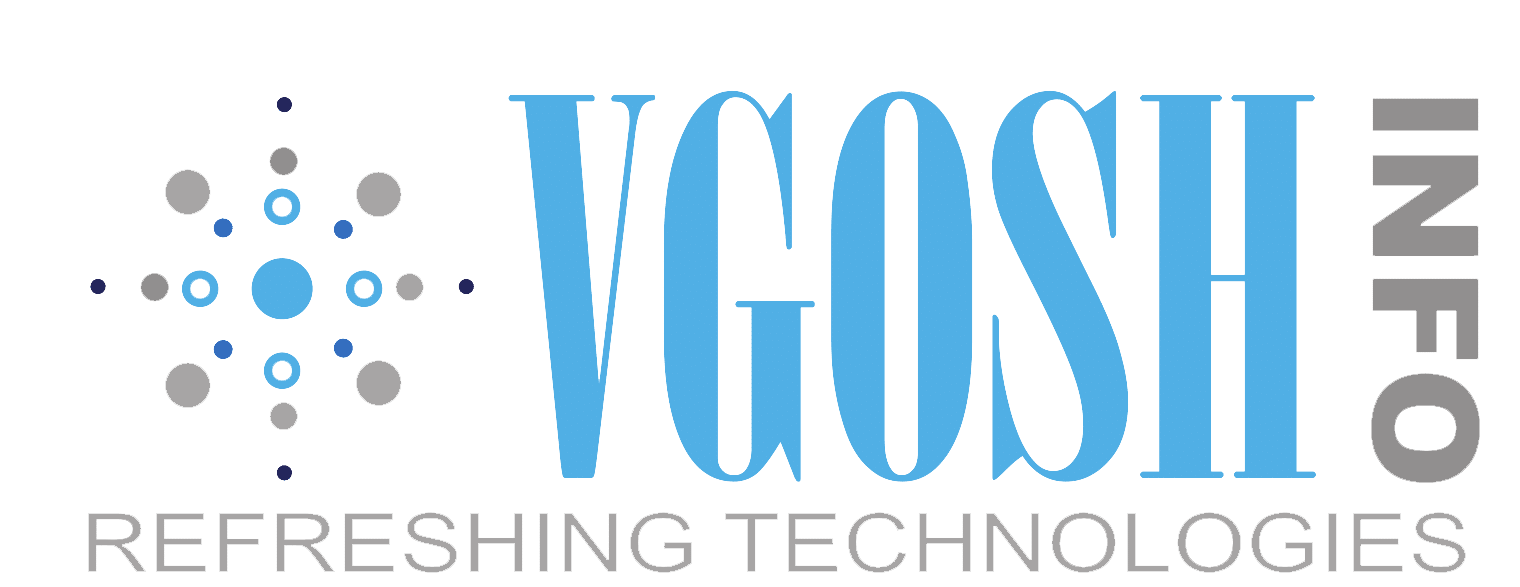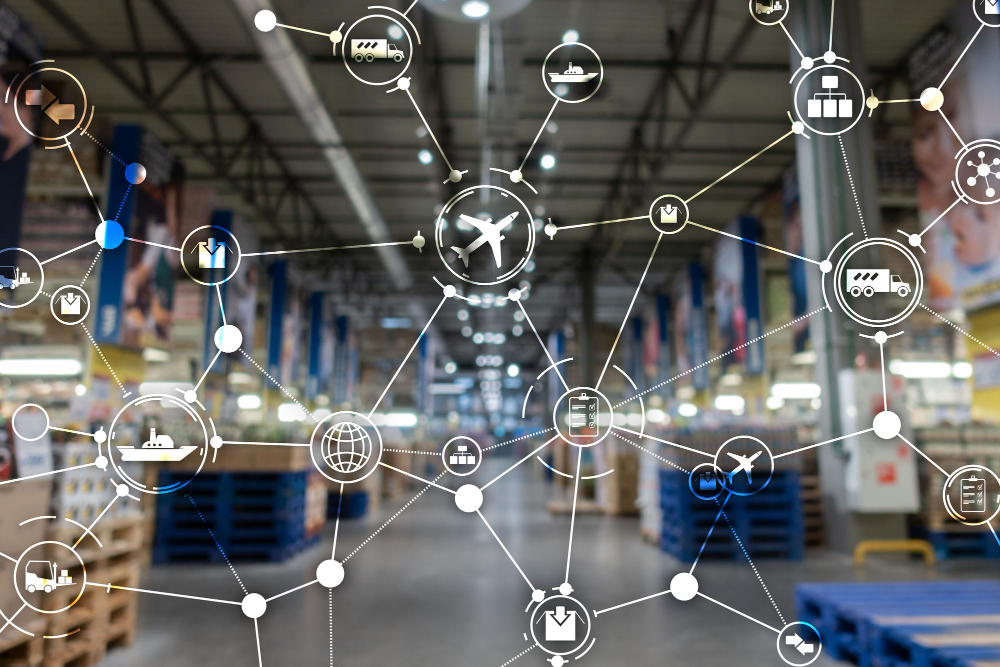Revolutionizing Supply Chain Management with Blockchain Solutions: Exploring the Potential Benefits and Challenges.
A number of parties are involved in the intricate process known as supply chain management, including producers, suppliers, distributors, retailers, and consumers. In order to avoid severe financial losses, delivery delays, and even reputational harm, it might be difficult to manage the flow of goods and information among different parties. Blockchain is a technology that has the ability to completely change supply chain management.
Blockchain is a decentralized, distributed ledger that can securely record transactions and monitor assets in real-time. It is the technology that powers cryptocurrencies like Bitcoin and Ethereum. Blockchain can offer a safe and transparent platform for monitoring items and information along the supply chain in the context of supply chain management. Let’s examine the possible advantages and difficulties of using blockchain technology to revolutionize supply chain management.
Potential Benefits of Blockchain in Supply Chain Management
- Improved traceability and transparency: With blockchain, every supply chain transaction is tracked and kept on an unchangeable ledger that is available to all participants. Allowing buyers to trace the origin of items and confirm their validity, increases product transparency and traceability.
- Enhanced efficiency and cost savings: Blockchain can assist simplify supply chain operations and cut the cost of middlemen by automating procedures and decreasing paperwork. Businesses may see considerable cost savings as a consequence, and customers may have quicker delivery times.
- Improved security and fraud prevention: Blockchain employs cutting-edge encryption to safeguard transactions and stop fraud, lowering the danger of fake goods and supply-chain theft.
- Improved communication and trust between supply chain partners: Blockchain technology may promote communication and trust between supply chain participants by offering a shared, tamper-proof ledger. Better customer satisfaction and more successful supply chain operations may result from this.
Challenges of Implementing Blockchain in Supply Chain Management
- Integration with old systems: Due to the widespread use of legacy technology in supply chain systems, integrating blockchain solutions might be challenging. This necessitates a large investment in enhancing current systems or creating brand-new ones from start.
- Standardization and interoperability are essential for the seamless integration of blockchain solutions since there are several stakeholders participating in the supply chain. To agree on common standards and conventions, all parties must work together.
- Blockchain technology improves security and fraud prevention, but it also raises questions about data privacy and security. Sensitive information must be secured and kept out of the hands of unauthorized individuals.
- Scalability: In big supply chains, scaling blockchain systems may be expensive and time-consuming. To guarantee that blockchain systems can manage the number and complexity of supply chain transactions, considerable infrastructure and development expenditure is required.
Conclusion
By enhancing transparency, traceability, security, and efficiency, blockchain has the potential to transform supply chain management. For companies aiming to enhance their supply chain operations, blockchain technologies are worth the investment even though there are certain implementation problems. We can anticipate seeing more broad usage of blockchain solutions in supply chain management as the technology continues to develop and mature.





